The Day Uneducated Men Fell From the Sky: A Writing Faux-Pas
It was five years ago when Emily, my second cousin and daughter of my first cousin Shelley, was assigned to write a paper about D-Day for history class. Wanting to do her absolute best, Emily set out on a fact-finding mission for the project that included visiting various online sources. I understand she wound up writing a very nice report, but Emily’s narrative incorporated one tiny bit of unexpected and puzzling information.
Obviously, the subject matter surrounding the entire D-Day campaign is of an extremely serious nature because so many troops lost their lives on that day. But, in spite of the gravity of the real-life story, it was that one small tidbit of “information” in her paper that sent her mom into a spell of side-splitting laughter. I’m posting this because as writers we’ve all been in Emily’s shoes at one time or another.
In her detailed summary, Emily covered the overall basics of the invasion by penning facts found in most research sources. Things such as—On June 6, 1944, thousands of troops began the Battle of Normandy. The day, of course, is known as D-Day. The invasion began when Allied troops stormed the beaches in the early morning hours. More than 4,000 troops lost their lives in the invasion, with many more wounded. However, approximately 156,000 successfully completed the operation. Within a week, over 325,000 troops were in place along with 50,000 vehicles and 100,000 tons of much-needed equipment.
But my young and well-intentioned second cousin wanted to delve a bit deeper into the incredible accounting of such bravery and intricate battle planning, so she included an unexpected “fact” about the paratroopers who were dropped that day. Later, while proofreading the paper, her mom came to the part about the paratroopers and stopped in her tracks to do a bit of head-scratching. For some reason, she said, the sentence didn’t quite seem to make sense. So she studied it again to be sure she hadn’t misread it. But no, it was what is was.
The line in question in Emily’s intricately-crafted and well-researched paper was, “Thousands of uneducated soldiers were also dropped in order to draw fire and confuse the enemy.”
Shelley asked her daughter to clarify the part about airdropping uneducated men onto the beaches. It simply couldn’t be correct. Emily told her the information was solid, but that she re-worded it so as to not plagiarize the material. Shelley then asked her daughter to show her the site from where she’d gotten the material. And then it all came to light. Here’s the line that Emily so studiously transposed to avoid plagiarism (I’m paraphrasing).
“Thousands of ‘dummies’ were also dropped in order to draw fire and confuse the enemy.”
I can see how the tactic easily confused the Nazis, because that single word scrambled poor Emily’s thinking. Now, whenever I write something that’s just a wee bit askew of an actual meaning, well, those bloopers will forever be known as “Emily moments.” Sorry, cuz …
*By the way, Emily’s away at college now, a top student, working hard at her biology/pre-med studies. She’s also extremely active in her school, and in the community, including volunteer work at a local zoo.
Emily
Sign up today to reserve your spot while there’s still time!!
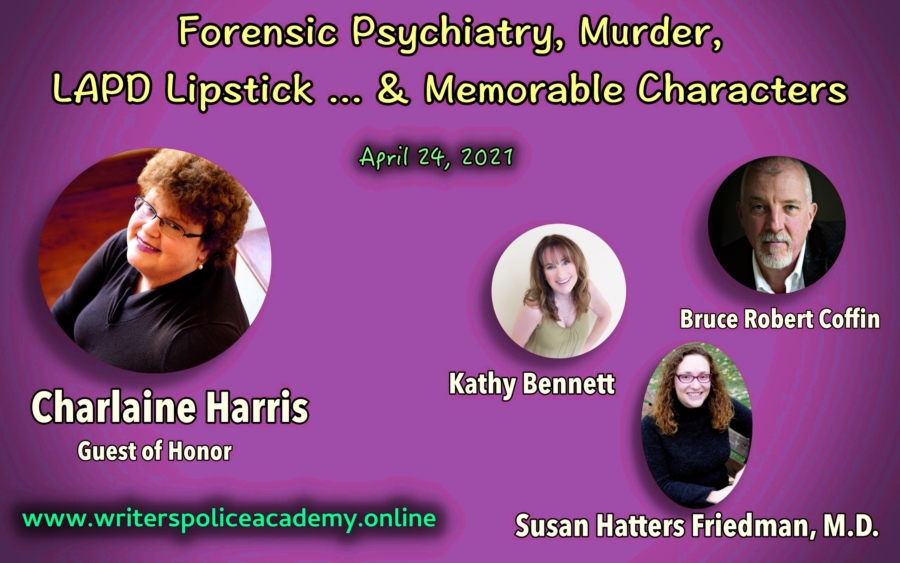
Forensic Psychiatry, Murder, LAPD Lipstick, and Memorable Characters
Presenters
Susan Hatters Friedman, MD
Kathy Bennett
Robert Bruce Coffin
Schedule
Schedule (Times are EST)
10:30 – Login and Test
10:45 – Welcome
11:00 – 12:20
Forensic Psychiatry and Crime Fiction: Correcting the Top 10 Myths
Instructor, Susan Hatters Friedman, M.D.
In this illuminating session, acclaimed forensic and perinatal psychiatrist, Susan Hatters Friedman, M.D., describes common misunderstandings about her field of forensic psychiatry when it appears in crime fiction. These include:
-confusion between forensic psychiatry and psychology
-misunderstandings about forensic hospitals
-how confidentiality works in forensic evaluations
-psychiatrists testifying about their patients
-whether people look left when they are lying
-how malingering is determined
-how forensic psychiatrists get paid
-what insanity means legally
-what incompetency means legally
12:20 – 12:50
Break
12:50 – 2:10
Murder for Real—Adding Realism to Your Mystery Writing
Instructor, Bruce Robert Coffin
Former detective sergeant and award-winning author Bruce Robert Coffin shares his years of experience as supervisor of homicide and violent crimes investigations. This workshop is filled to the brim with behind-the-scenes law enforcement information. This class, taught by one of the best in the business, is certain to help writers create stories that rise to the highest levels.
- The CSI effect. What is it and why it doesn’t fly in high-end writing?
- Evidence gathering (the real deal).
- Cold Cases. What are they and how are they investigated?
- First response vs. CID (two worlds-two goals)
- Dealing with the media.
- Hierarchy and chain of command.
- Job stressors and how cops cope (or don’t).
- Telling lies (everybody does it).
2:20 – 3:40
A Badge, a Gun, and Lipstick: A Female Perspective of Working Patrol on the Mean Streets of Los Angeles
Instructor, former LAPD Senior Lead Officer Kathy Bennett
Have you ever wondered what it’s like to be in a high-speed chase and then be involved in a shoot-out at the pursuit termination? Do you think the cop who gave you a traffic citation was wrong? Do you know what it’s like to tell a mother her only child was killed in a traffic collision? Well, Kathy Bennett experienced all these things and more. In her presentation she’ll reveal candid information of the life of a street cop. Kathy is also happy to answer those burning questions you have but were afraid to ask.
3:50 – 5:10
How to use Research” and “Making Characters Memorable”
Instructor, Charlaine Harris
Author extraordinaire Charlaine Harris, whose Sookie Stackhouse novels were the basis of the television series “True Blood,” reveals the secrets to using research to craft unique characters. This is a rare opportunity for writers at all stages of their careers.
5:10
Final words
Presenter Bios
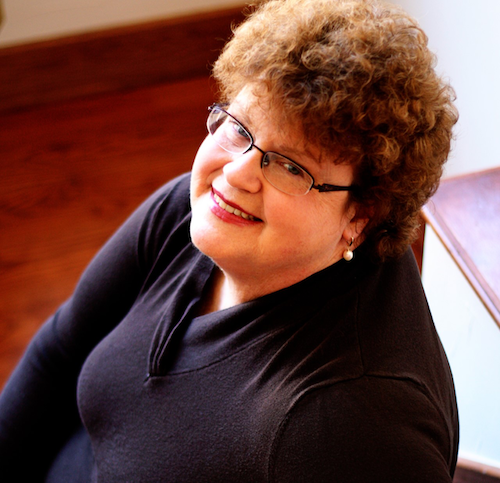 Guest of Honor Charlaine Harris is a true daughter of the South. She was born in Mississippi and has lived in Tennessee, South Carolina, Arkansas, and Texas. After years of dabbling with poetry, plays, and essays, her career as a novelist began when her husband invited her to write full time. Her first book, Sweet and Deadly, appeared in 1981. When Charlaine’s career as a mystery writer began to falter, she decided to write a cross-genre book that would appeal to fans of mystery, science fiction, romance, and suspense. She could not have anticipated the huge surge of reader interest in the adventures of a barmaid in Louisiana, or the fact that Alan Ball would come knocking at her door. Since then, Charlaine’s novels have been adapted for several other television series, with two in development now. Charlaine is a voracious reader. She has one husband, three children, two grandchilden, and two rescue dogs. She leads a busy life. www.charlaineharris.com is her website.
Guest of Honor Charlaine Harris is a true daughter of the South. She was born in Mississippi and has lived in Tennessee, South Carolina, Arkansas, and Texas. After years of dabbling with poetry, plays, and essays, her career as a novelist began when her husband invited her to write full time. Her first book, Sweet and Deadly, appeared in 1981. When Charlaine’s career as a mystery writer began to falter, she decided to write a cross-genre book that would appeal to fans of mystery, science fiction, romance, and suspense. She could not have anticipated the huge surge of reader interest in the adventures of a barmaid in Louisiana, or the fact that Alan Ball would come knocking at her door. Since then, Charlaine’s novels have been adapted for several other television series, with two in development now. Charlaine is a voracious reader. She has one husband, three children, two grandchilden, and two rescue dogs. She leads a busy life. www.charlaineharris.com is her website.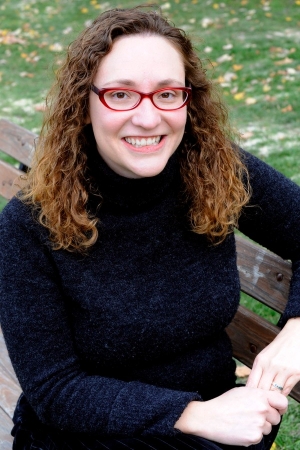 Susan Hatters Friedman, MD is a forensic and perinatal psychiatrist. She has practiced in forensic hospitals, general hospitals, court clinics, community mental health centers, and correctional facilities. Dr. Friedman has served as vice-President of the American Academy of Psychiatry and the Law (AAPL), and as Chair of the Law and Psychiatry committee at the Group for Advancement of Psychiatry (GAP). She has received the AAPL award for the Best Teacher in a Forensic Psychiatry Fellowship, the Red AAPL award for outstanding service to organized forensic psychiatry, the Manfred Guttmacher Award for editing the book Family Murder: Pathologies of Love and Hate, and the Association of Women Psychiatrists’ Marian Butterfield early career psychiatrist award for her contributions to women’s mental health. She has published more than 100 articles (including in World Psychiatry and the American Journal of Psychiatry) as well as book chapters. Her research has primarily focused on the interface of maternal mental health and forensic psychiatry, including notably child murder by mothers.
Susan Hatters Friedman, MD is a forensic and perinatal psychiatrist. She has practiced in forensic hospitals, general hospitals, court clinics, community mental health centers, and correctional facilities. Dr. Friedman has served as vice-President of the American Academy of Psychiatry and the Law (AAPL), and as Chair of the Law and Psychiatry committee at the Group for Advancement of Psychiatry (GAP). She has received the AAPL award for the Best Teacher in a Forensic Psychiatry Fellowship, the Red AAPL award for outstanding service to organized forensic psychiatry, the Manfred Guttmacher Award for editing the book Family Murder: Pathologies of Love and Hate, and the Association of Women Psychiatrists’ Marian Butterfield early career psychiatrist award for her contributions to women’s mental health. She has published more than 100 articles (including in World Psychiatry and the American Journal of Psychiatry) as well as book chapters. Her research has primarily focused on the interface of maternal mental health and forensic psychiatry, including notably child murder by mothers.
She currently serves as the inaugural Phillip J. Resnick Professor of Forensic Psychiatry at Case Western Reserve University, where she also has appointments in the departments of Pediatrics, Reproductive Biology (Obstetrics/ Gynecology), and Law. Dr. Friedman also serves as honorary faculty at the University of Auckland (New Zealand).
 Kathy Bennett worked for the LAPD for twenty-nine years. Eight years were spent as a civilian employee, and she served twenty-one years as a police officer. While most of her career was spent in a patrol car, Kathy also worked at the police academy as a firearms instructor, promoted to the position of a field training officer, then worked in the “War Room” as a crime analyst. She promoted again, this time to the position of Senior Lead Officer—where she was in charge of a basic car area within a geographic division. She’s done a few stints undercover and was honored to be named Officer of the Year in 1997.
Kathy Bennett worked for the LAPD for twenty-nine years. Eight years were spent as a civilian employee, and she served twenty-one years as a police officer. While most of her career was spent in a patrol car, Kathy also worked at the police academy as a firearms instructor, promoted to the position of a field training officer, then worked in the “War Room” as a crime analyst. She promoted again, this time to the position of Senior Lead Officer—where she was in charge of a basic car area within a geographic division. She’s done a few stints undercover and was honored to be named Officer of the Year in 1997.
In her spare time, Kathy started writing romance books. However, she decided she wasn’t really cut out to be a romance author—she’d never write the romance but was always killing off one or more characters in the book. After a few years she realized she’d better write what she knew: Authentic Crime told in Arresting Stories. So, this retired cop started killing off fictional people…and she likes it!
Kathy lives in Idaho with her husband and soul mate, Rick (also a retired LAPD officer.) They have two entertaining and energetic Labrador retrievers, and one cat who isn’t nearly as energetic or entertaining…but she’s loved just as much. Kathy likes to garden, exercise, and spend time with their daughter and her family. Kathy says, “Life doesn’t get much better than the one I’m living. Welcome to my world, and I hope you’ll feel comfortable enough to contact me and say “Hi”.
Kathy can always be reached at Kathy@KathyBennett.com.
Her website is www.kathybennett.com
 Bruce Robert Coffin is the award-winning author of the bestselling Detective Byron mystery series. A former detective sergeant with more than twenty-seven years in law enforcement, he supervised all homicide and violent crime investigations for Maine’s largest city. Following the terror attacks of September 11, 2001, Bruce spent four years investigating counter-terrorism cases for the FBI, earning the Director’s Award, the highest award a non-agent can receive.
Bruce Robert Coffin is the award-winning author of the bestselling Detective Byron mystery series. A former detective sergeant with more than twenty-seven years in law enforcement, he supervised all homicide and violent crime investigations for Maine’s largest city. Following the terror attacks of September 11, 2001, Bruce spent four years investigating counter-terrorism cases for the FBI, earning the Director’s Award, the highest award a non-agent can receive.
His novel, Beyond the Truth, winner of Killer Nashville’s Silver Falchion Award for Best Procedural, was a finalist for the Agatha Award for Best Contemporary Novel and a finalist for the Maine Literary Award for Best Crime Fiction. His short fiction appears in several anthologies, including Best American Mystery Stories 2016.
Bruce is a member of International Thriller Writers, Mystery Writers of America, Sisters in Crime, and the Maine Writers and Publishers Alliance. He is a regular contributor to Murder Books blogs.
Bruce is represented by Paula Munier at Talcott Notch Literary.
He lives and writes in Maine.



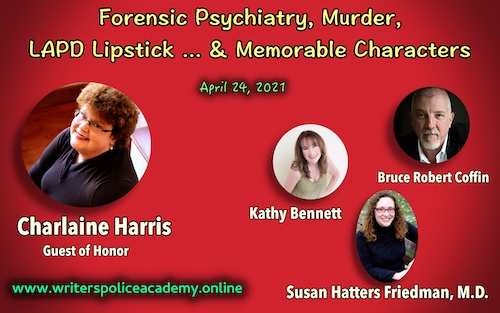
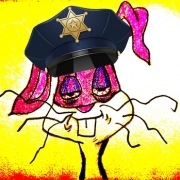
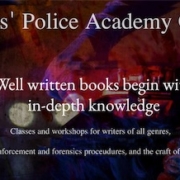


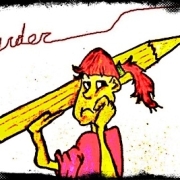
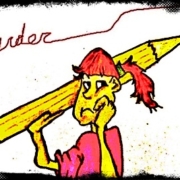
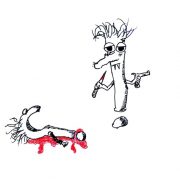




Hilarious, Lee. I will remember this blog post every time I see an uneducated mannequin.